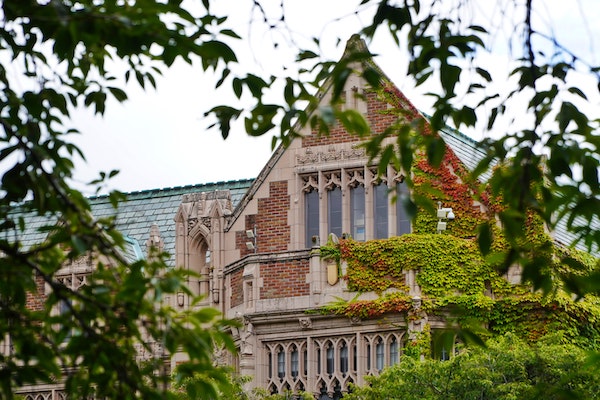Abstract: Contrary to popular belief, when a child is adopted from abroad by an American citizen and brought to the United States, that child does not always become an American citizen. Many adoptees have not discovered until years later (sometimes far into adulthood) that they are not actually citizens, and some likely still do not know. To address this problem, the Child Citizenship Act of 2000 (CCA) was enacted to automate citizenship for certain international adoptees, but it does not cover everyone. Tens of thousands of adoptees still live under the assumption that they are American citizens when, in fact, they are not. While laws have been proposed to fill the gaps left by the CCA, none have yet passed.
This Article argues that children adopted by U.S. citizen parents are entitled to permanence of nationality. It explores how state and federal authorities deliberately and irrevocably sever the ties of transnational adoptees to their families of origin to promote the interests of the adoptive family. The U.S. adoption framework prioritizes the unity of the adoptive family over maintaining connection to the child’s family of origin. Adoptees often struggle to understand and define their identity on various levels, including their personal, national, and ethnic identities. Citizenship precarity adds an extra layer of psychological difficulty for transnational adoptees, making the child’s position in society even less secure. If a child can be adopted into an American family but not accepted as a member of the American nation, then the child will never have the full stability that adoption is intended to offer.
The United States can and should follow through on the promise of permanence to transnational adoptees by awarding them the status of U.S. nationals. This status would enable them to remain in the United States, travel on a U.S. passport, and fully participate in American society. The United States Code already contains an overlooked provision that awards nationality status to those who, although not formally citizens, nevertheless owe permanent allegiance to the country. Interpreting this statutory language to cover adoptees who do not otherwise qualify for formal citizenship reflects the reality that children adopted into American homes are permanent members of this society. Indeed, we argue that the right to nationality is grounded in the Equal Protection and Due Process Clauses of the United States Constitution. Recognizing nationality will ensure that adoptees—who were brought to the United States through no choice of their own—cannot be removed from it.



